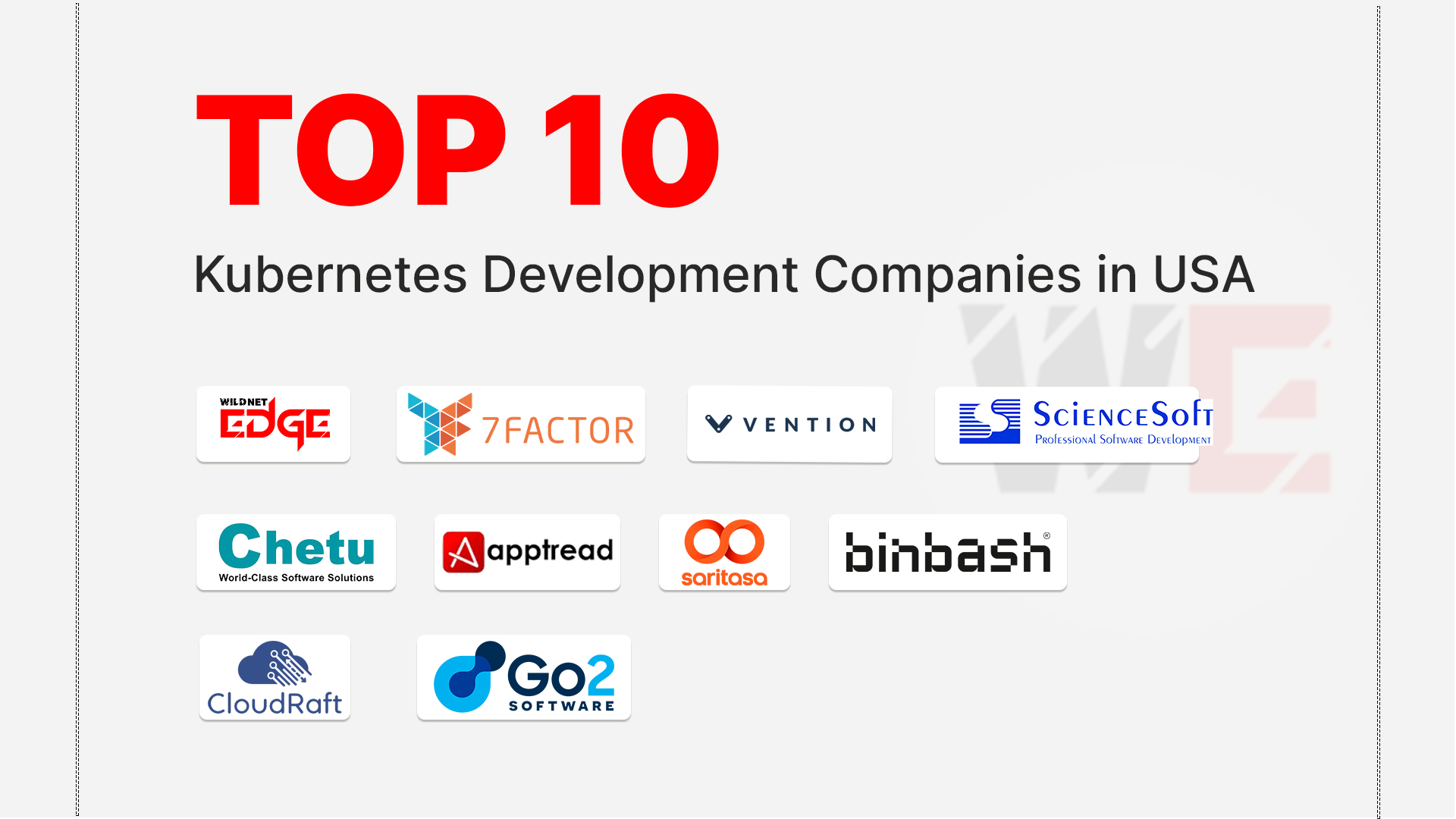In today’s fast-paced digital landscape, many software development teams struggle with inefficient processes that lead to deployment delays, security vulnerabilities, and overall frustration. These challenges can hinder your team’s ability to deliver quality software on time. Is your team struggling with deployment delays? If so, you might consider devops consulting. This approach not only improves collaboration and communication among teams but also integrates best practices for continuous software delivery, ensuring that your stakeholders receive the best possible results. Implementing DevOps can seem daunting, but with a structured approach, you can transform your software development practices and drive significant business value.
Understanding DevOps Consulting KPIs
When engaging in devops consulting, understanding key performance indicators (KPIs) is crucial. These metrics serve as a guide for evaluating the effectiveness of your DevOps initiatives.
Key Performance Indicators in DevOps Consulting
KPIs in a consulting context represent measurable values that demonstrate the effectiveness of a company’s operations. For DevOps, relevant KPIs include:
- Deployment Frequency: Measures how often new releases are delivered to users.
- Change Lead Time: The time it takes to go from code commit to deployment in production.
- Mean Time to Recovery (MTTR): Evaluates the time taken to restore service after a failure.
- Change Failure Rate: Represents the percentage of deployments that cause failures in production.
These KPIs not only offer insights into your team’s performance but also help set benchmarks for improvement. In the devops context, focusing on these KPIs will enable your team to gauge its efficiency and effectiveness, allowing for targeted enhancements.
How to Measure Success with DevOps Consulting KPIs
Measuring these KPIs effectively requires a consistent approach. Here are strategies to consider:
- Automated Monitoring Tools: Utilize tools like Grafana or Splunk to automate the tracking of your KPIs. These tools can provide real-time data and insights.
- Regular Reporting: Set up a dashboard that is updated regularly. The visibility into the KPIs will encourage teams to remain focused on improving their processes.
- Benchmark Against Industry Standards: Compare your KPIs with industry benchmarks to assess where you stand relative to competitors. This comparison can highlight areas needing improvement.
Industry benchmarks for these KPIs should be considered as you track your progress. For example, an effective deployment frequency in high-performing DevOps teams is often several times per day, whereas the average might be once a week or less.
Developing a ROI Framework for DevOps Consulting
Creating a return on investment (ROI) framework is essential when implementing DevOps. This framework helps quantify the financial benefits derived from adopting DevOps practices.
Key Elements of a ROI Framework
To develop a robust ROI framework, include the following components:
- Cost Savings: Analyze reductions in costs associated with rework, downtime, and the speed of delivery.
- Increased Productivity: Measure improvements in productivity among development and operations teams.
- Improved Quality: Evaluate the reduction in defects found in production, leading to less wasted spend on fixes.
- Customer Satisfaction: Track improvements in customer feedback and engagement metrics as the quality of your software improves.
These elements should collectively illustrate the financial benefits of implementing DevOps consulting.
Real-world Examples of ROI from DevOps Consulting
Consider the case of a large e-commerce platform, which implemented DevOps consulting with a focus on automation. The result? They halved their deployment times, significantly reduced the number of failures in production, and ultimately increased customer satisfaction by 30%.
Statistics show that organizations that adopt DevOps report a 200% improvement in lead time and a 400% improvement in deployment frequency compared to traditional methodologies. This stark contrast underscores the tremendous potential ROI gains that can be achieved through DevOps consulting.
Benefits of Partnering with a Software Development Company
Collaborating with a software development company can elevate your DevOps practices. Such partnerships often bring a wealth of insights and specialized tools tailored for efficient software development.
What to Expect from Software Development Company
When you partner with a software development company, expect to benefit from:
- Expertise: These companies have seasoned professionals who are experienced in implementing DevOps methodologies.
- Advanced Tools: They often utilize cutting-edge tools and technologies that can streamline your software development processes, such as CI/CD pipelines and automated testing frameworks.
- Tailored Solutions: A good software development company will provide customized solutions to meet your specific business needs.
This collaboration can lead to improved efficiency and effectiveness in your organization’s development processes.
Choosing the Right Software Development Company
Selecting the best software development company requires careful consideration. Here are factors to keep in mind:
- Experience with DevOps: Look for partners who have a track record of successful DevOps integrations.
- Cultural Fit: The company’s values and work processes should align with your organization’s culture.
- Transparency: Ensure they offer transparent communication and consistent updates.
Beware of red flags such as lack of clear communication, unrealistic promises, or a reluctance to share past case studies. Choosing the right partner is critical to the success of your DevOps initiatives.
Insights from a Mobile App Development Company
The mobile app landscape poses unique challenges that can be managed effectively with DevOps practices. Insights from a mobile app development company can guide your journey.
Incorporating DevOps in Mobile App Development
Integrating DevOps into mobile app development can alleviate issues such as prolonged release cycles and inconsistent user experiences. Specific challenges include:
- Diverse Device Compatibility: Ensuring apps run smoothly across a multitude of devices and operating systems.
- Continuous Updates: The need for regular updates to meet user expectations and security requirements.
By implementing DevOps strategies like automated testing and continuous integration, a mobile app development company can streamline these processes. For instance, establishing a CI/CD pipeline guarantees that updates are deployed rapidly and efficiently, significantly improving user experience.
Best Practices from a Mobile App Development Company
Best practices to optimize mobile app development in a DevOps context include:
- Use of Version Control: Employ version control systems like Git to keep track of changes and collaborate effectively among teams.
- Regular Testing: Implement automated and manual testing to reduce defects before the app goes live.
- User Feedback Integration: Actively gather and respond to user feedback to iterate on the app quickly.
Tools like Jenkins for CI/CD and JIRA for project management can greatly assist in maintaining a structured approach throughout the development lifecycle.
Creating an Implementation Roadmap for DevOps Consulting
A clear implementation roadmap is essential for successfully utilizing devops consulting services. This roadmap outlines a structured approach to enhance your software development practices.
Step-by-Step Development of Your Roadmap
Here are actionable steps to create your DevOps implementation roadmap:
- Define Objectives: Outline what you aim to achieve through DevOps consulting (e.g., reduce deployment time).
- Assess Current State: Evaluate existing processes and identify inefficiencies.
- Identify Tools and Technologies: Choose the right tools for automation, collaboration, and testing conducive to your team’s needs.
- Establish KPIs: Set key performance indicators to measure the success of your DevOps initiatives.
- Develop a Training Plan: Create a plan for upskilling your team on new tools and methodologies.
- Monitor Progress: Regularly review KPIs and adjust strategies as needed.
By following this structured approach, you can meticulously outline the steps toward improved software practices.
Tools to Support Your DevOps Implementation Roadmap
A variety of tools can facilitate your DevOps implementation. Some recommendations include:
- Jenkins: For continuous integration and delivery, enabling automatic testing and deployment.
- Docker: To create containers that provide a consistent environment for development and production.
- Kubernetes: To orchestrate containers and ensure efficient resource management.
- GitHub: For version control and collaboration on code changes.
Always ensure that the tools you select can integrate seamlessly with your existing systems, creating a unified workflow for your development teams.
Measuring Outcomes of DevOps Consulting Initiatives
Post-implementation, measuring the outcomes of your DevOps initiatives is crucial for continuous improvement. This ensures that your organization remains on the cutting edge of software development practices.
Tracking Progress with DevOps KPIs
Tracking your KPIs regularly is vital. Techniques for maximizing effectiveness include:
- Frequency of Reporting: Schedule monthly reports on KPI performance. This creates accountability and identifies trends over time.
- Feedback Loops: Foster a culture of feedback where team members can provide insights into process improvements.
- Adapt Based on Data: Use data-driven decisions to evolve your practices continuously.
A regular review and adjustment process ensures that your DevOps initiatives remain effective, helping you meet evolving business goals.
The Continuous Improvement Cycle in DevOps Consulting
The continuous improvement cycle is fundamental to maximizing the benefits of devops consulting. This can be executed through:
- Retrospectives: Regular team meetings to discuss what went well, what didn’t, and how processes can improve.
- Performance Analysis: Use previous KPIs to inform future objectives, identifying areas where enhancements can lead to increased efficiency.
- Fostering Innovation: Encourage teams to propose and experiment with new ideas without the fear of failure, fostering a culture of innovation.
This cycle keeps your teams aligned with best practices and ensures your software development processes continually evolve in response to changing needs and challenges.
Conclusion
In conclusion, a structured approach to devops consulting can significantly transform your software development processes. By focusing on KPIs, developing a solid ROI framework, and collaborating with the right partners, you can streamline your operations for better efficiency and results. Incorporating insights from a mobile app development company can also provide valuable perspectives. Remember, the journey to a successful DevOps implementation doesn’t end with the initial rollout; it’s a continuous cycle of improvement. Partner with trusted authorities like Wildnet Edge, an AI-first company with expertise in DevOps solutions, to help navigate this essential journey. Ready to enhance your software development processes? Engage with our experts today and unlock your team’s full potential.
FAQs
DevOps consulting streamlines workflows, enhances collaboration, and speeds up delivery cycles, which results in improved software quality and faster time to market.
Key KPIs include deployment frequency, change failure rate, lead time for changes, and mean time to recovery, all vital for assessing your operational performance.
It quantifies the financial benefits of DevOps implementation, helping businesses justify their investment through tangible savings and productivity gains.
A software development company provides the expertise, resources, and tools necessary for effective DevOps practices, ensuring better alignment between development and operations.
Seek proven experience in agile methodologies, collaborative communication, a strong portfolio, and integration of DevOps practices that will enhance your mobile solution capabilities.

Managing Director (MD) Nitin Agarwal is a veteran in custom software development. He is fascinated by how software can turn ideas into real-world solutions. With extensive experience designing scalable and efficient systems, he focuses on creating software that delivers tangible results. Nitin enjoys exploring emerging technologies, taking on challenging projects, and mentoring teams to bring ideas to life. He believes that good software is not just about code; it’s about understanding problems and creating value for users. For him, great software combines thoughtful design, clever engineering, and a clear understanding of the problems it’s meant to solve.
 sales@wildnetedge.com
sales@wildnetedge.com +1 (212) 901 8616
+1 (212) 901 8616 +1 (437) 225-7733
+1 (437) 225-7733















 ChatGPT Development & Enablement
ChatGPT Development & Enablement Hire AI & ChatGPT Experts
Hire AI & ChatGPT Experts ChatGPT Apps by Industry
ChatGPT Apps by Industry ChatGPT Blog
ChatGPT Blog ChatGPT Case study
ChatGPT Case study AI Development Services
AI Development Services Industry AI Solutions
Industry AI Solutions AI Consulting & Research
AI Consulting & Research Automation & Intelligence
Automation & Intelligence













